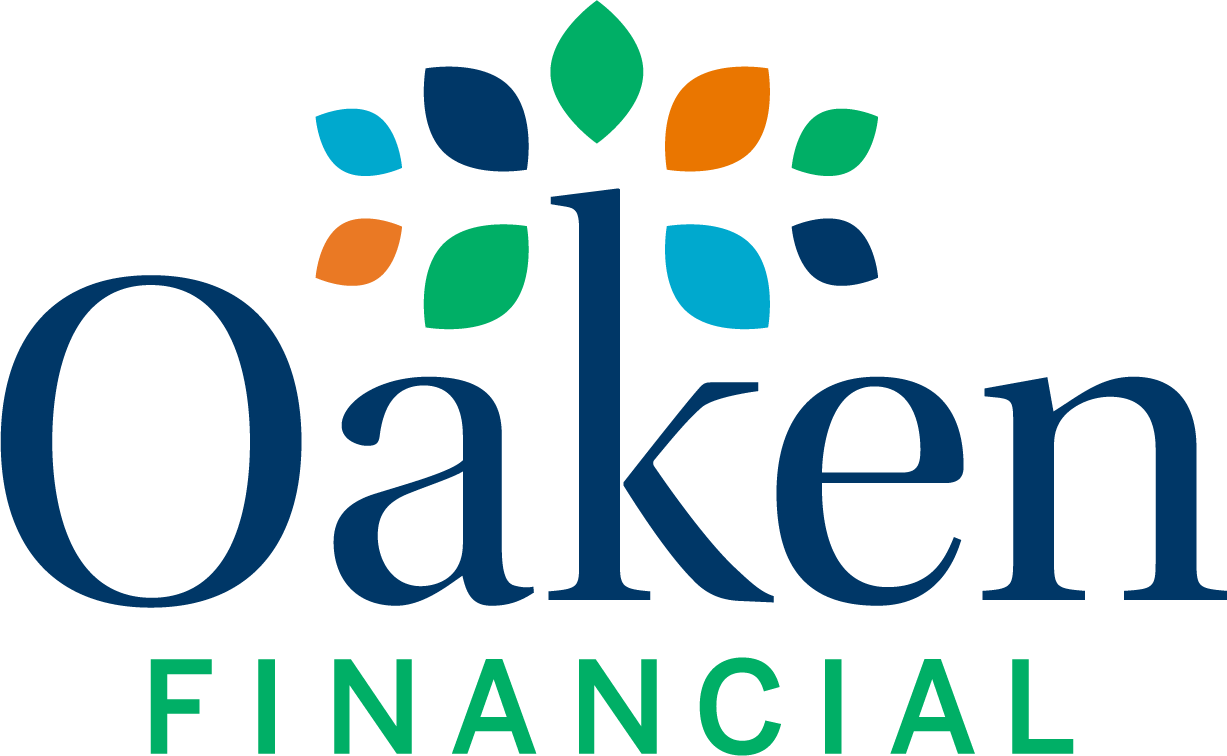By his own admission, Marc is a frugal individual. He also has a long history of trying to live in an environmentally responsible manner, and it is personally important for him that his investments align with his values and ethics.
Marc may have been an early advocate for what we now refer to as Socially Responsible Investing (SRI), but, today, he is hardly alone. Ethical investing has become much more mainstream in recent years, and a growing number of people are choosing their investments based on how well an individual stock or fund supports their personal views. In fact, a recent survey found that 70% of Canadians now consider such things as environmental impact and human rights as part of their investment decision making process.
Growth in Socially Responsible Investing
In a Globe and Mail article from March, 2019, Barry McInerney, president and chief executive officer of Mackenzie Investments, stated that “the SRI category has taken off in recent years, with Canadians currently holding more than $11.3 billion in ethical investments”. McInerney also notes that adoption of new SRI strategies is “across all demographics, and most notably among millennials”.
This should hardly come as a surprise. With greater urgency surrounding environmental concerns, and in particular, climate change, we’ve witnessed phenomenal growth in companies dedicated to developing sustainable energy alternatives. Many of these new “green tech” companies are exploring options for solar and wind energy, while other start-ups are studying how to make better use of natural resources and reducing waste.
For many ethical investors, in addition to the type of business a company conducts, the manner in which it actually runs its business is equally as important. This may include a review of how a company treats its employees and its overall track record on human rights, particularly with respect to workers in developing countries.
Ethical investing challenges
It’s admirable for those with deeply held convictions to want to invest in a way that's consistent with their principles. However, this does come with some challenges. For starters, even though more investors are now seeking alternative “green” investing options, choices are still somewhat limited.
While the number of green funds is increasing, these funds generally come with a higher management fee than many other mutual and index funds. This is largely due to the extra work required on the part of the fund manager.
For instance, the fund manager must identify and evaluate the underlying companies to include in the fund. Once established, it is necessary to periodically review these companies, to ensure they're continuing to live up to the green standard.
On a positive note, as more institutions offer green funds, management fees are declining and the gap is narrowing. There's also the potential for more green funds to be administered by robo-advisors, which could lead to a further decline in management fees.
Speaking of standards, there are a number of associations in Canada that provide certifications around such things as energy usage and environmental sustainability. However, there's no central regulator to verify standards, and this lack of oversight has led to concerns that some companies are exaggerating their claims in what's known as “green-washing”.
The Office of Consumer Affairs can provide assistance in evaluating sustainability claims made by companies trying to establish their green credentials. The department’s website has a list of common environmental labels to help in your research.
Divestiture movement
One of the results of the trend towards ethical investing is the “divestiture movement”. Starting initially as a small protest to pressure government pension funds to eliminate holdings of fossil fuels, the movement has forced several large public funds to reduce--and in many cases, eliminate altogether--stocks from oil and other targeted companies from their holdings.
In fact, many funds now advertise the fact that they are free of fossil fuel stocks, in an attempt to attract more investors. The movement has gained strength, and has even been noted by several oil companies as a material risk to their ongoing viability.
While initially aimed at fossil fuels, other sectors are also being impacted by the divestiture movement. This includes companies that manufacture firearms, as well as other so-called “sin” stocks such as gambling and tobacco companies.
SRI as a competitive advantage
As we touched on earlier, companies have long recognized the potential benefits of touting their ethical and responsibility efforts as a marketing tactic. However, companies are taking things to a new level in order to attract investors and consumers who want to be associated with companies that seemingly share their ethics.
You need look no further than a television ad for a national brand of dish soap currently in rotation. Against a backdrop of closely cropped images of oil-soaked birds, together with a very moving soundtrack, the commercial positions the soap product as being a gentle and effective way to clean waterfowl affected by oil spills. The entire ad shows images of small birds being cleaned and returned to the wild, with barely a mention of a dish or pan!




 Saversodes
Saversodes